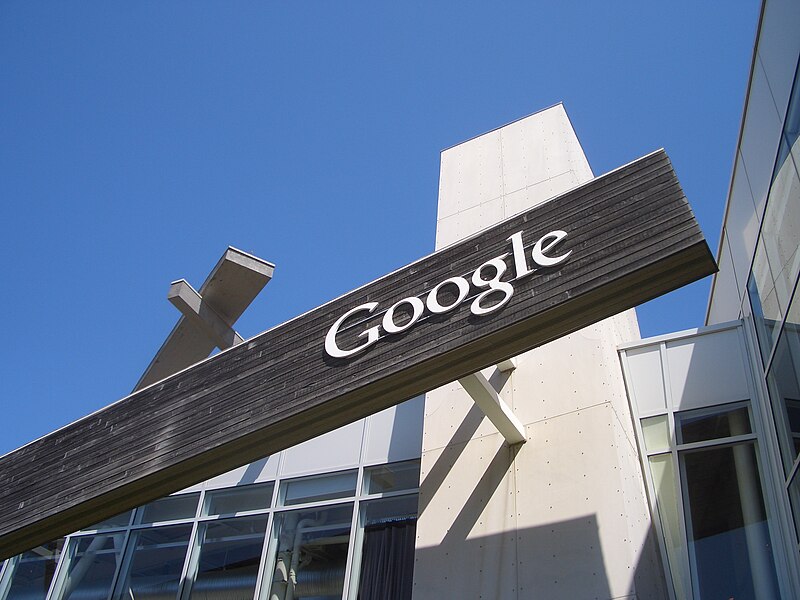
Google has pledged to step up its fight against fake reviews by taking action against UK businesses and individuals involved in manipulating star ratings, according to Britain's Competition and
Markets Authority (CMA). The announcement comes after an extensive investigation by the regulator.
The tech giant has also agreed to display warning alerts on the profiles of UK businesses found to have used fake reviews to artificially boost their ratings, the CMA said in a statement.
The regulator launched a formal investigation in 2021 into Amazon and Google, both subsidiaries of Alphabet, over concerns they were not doing enough to tackle fake reviews. While the investigation into Amazon is ongoing, progress has been made with Google, the CMA noted.
Online reviews influence up to £23 billion ($29 billion) of UK consumer spending annually, with 89% of consumers relying on these reviews to guide their decisions when researching products or services, the CMA reported.
CMA Chief Executive Sarah Cardell emphasized the importance of these changes, saying, "The measures we’ve secured from Google ensure stronger safeguards are in place, giving people confidence in reviews and enabling them to make informed choices. This is about fairness for both businesses and consumers, and we encourage the entire industry to follow suit."
A Google spokesperson stated that collaborating with regulators, including the CMA, is part of the company’s ongoing commitment to combat fake content and address harmful practices.
Starting in April, the CMA will gain new powers to independently determine if consumer laws have been violated without needing to go through court proceedings. The regulator has increased its scrutiny of major tech firms, launching two additional investigations this month—one focused on Google's search services and another on the mobile ecosystems of Apple and Google.
However, some competition lawyers and industry experts have raised concerns about the government’s approach, citing the appointment of a former Amazon executive as the new chair of the CMA as a potentially conflicting signal. Photo by brionv, Wikimedia commons.






































